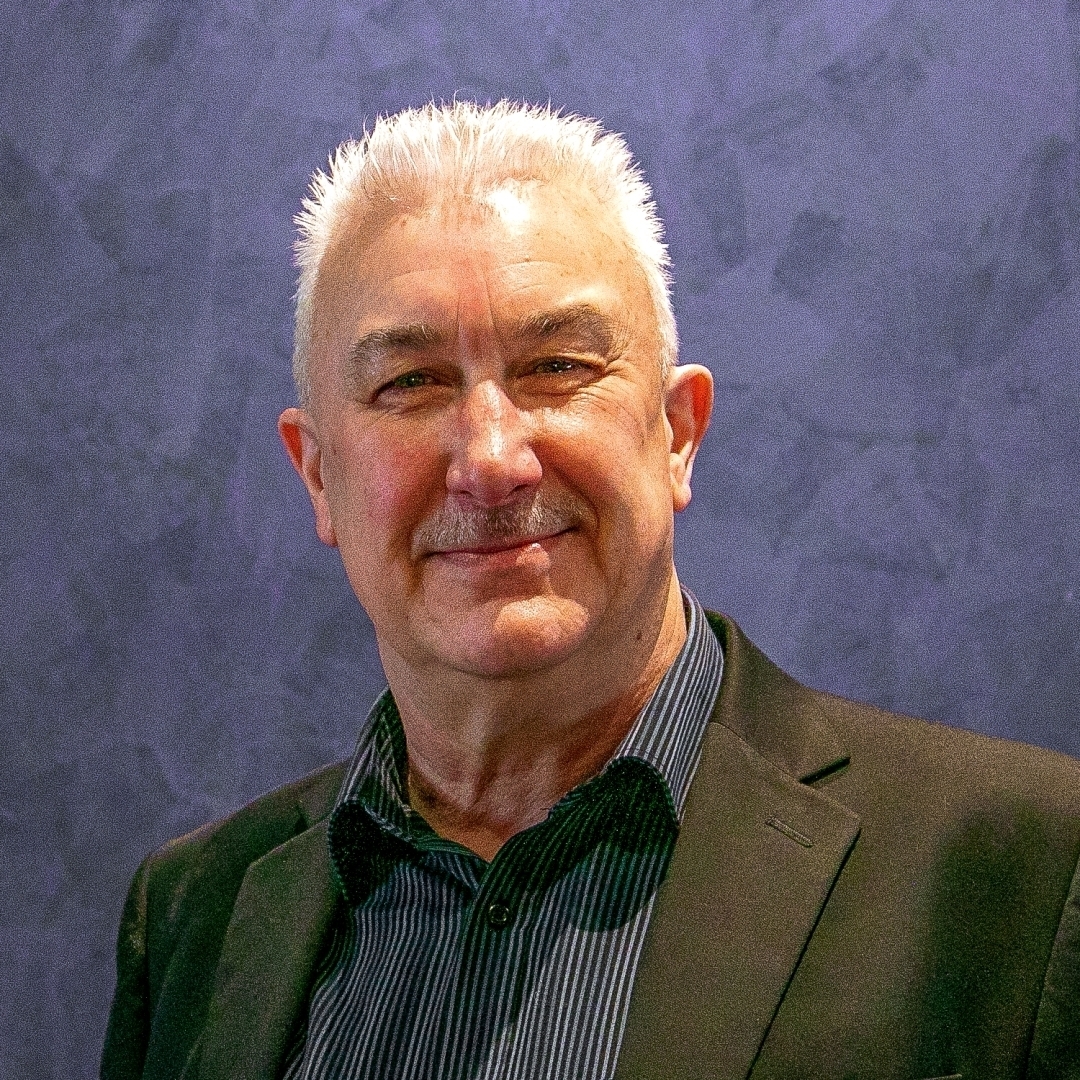
Insights & Opinions
Financial Health is like teenage sex
Tue, 28 Sep 2021


You know the old saying about teenage sex - "everyone talks about it, nobody really knows how to do it, everyone thinks everyone else is doing it, so everyone claims they are doing it too" - this, for me, is the most apt description of what I see going on right now in the Financial Services industry when it comes to the topic of Financial Health:
Are we doing it right?
What's the best way to calculate financial health on an individual basis?
Are we encouraging habits and behaviours that help people become "financially fitter"?
These are just some of the questions that I posed to David Bohn of MyBudget, who joined us (at 23:30 his local time in Adelaide) for our session on Financial Health on the 23rd of September.
Purpose
Being an Australian FinTech, MyBudget is not widely known in Europe, even though it was established over 20 years ago, and David was keen to explain WHY it exists, which to him is even more important than HOW it came about.
"Our purpose is to eliminate financial stress in the community and to improve the financial health of the world. That's the only reason we exist. We don't exist to make money. We don't exist to win awards. We don't exist for any other reason."
"My definition of a vision for a company is really what the world is going to look like if you achieve your purpose. So our vision is to live in a world where financial stress no longer destroys families, relationships and lives.
He went on to share a shocking statistic: "In Australia, between the time you brush your teeth in the morning, and you get home from work, there's been a suicide over financial stress every eight hours. On average, three per day effectively, with the assumption that about 40% of suicides are driven by financial stress.
But you've got to really think of that as that the very pointy end of the of a huge pyramid of pain and anguish because for every suicide, think of all the attempted suicides, think of all the arguments or the breakdowns, or the stress or the lies or the missed opportunities that this causes so much trouble throughout the community, that is really palpable".
According to a paper by the Money and Mental Health Policy Institute published in 2018 on the links between suicide and financial difficulty titled "A Silent Killer", people in "problem debt" are three times as likely to have thought about suicide in the last year.
Surely this is something that we should be paying more attention to at an industry level, particularly given the huge global increase in financial stress that the COVID pandemic has caused?
The beginning
In 1999, Tammy Barton (the founder of MyBudget) was 22 years old, working at a legal firm in the debt collections department when she saw the impact that financial hardship had on clients who had very little understanding about controlling their money. They would make commitments to repay a certain amount, and when the time came, they simply had no money to meet their obligations.
She literally started her business from her kitchen table by manually creating budgets, first for friends and family and then for clients. People would bring her their paycheque, and she would pay their bills for them and give them back a budgeted amount of money for living expenses.
The business was entirely bootstrapped and has grown into a multi-million dollar company that has helped over 100,000 people eliminate financial stress, with Tammy being awarded the Telstra South Australian Business Woman of the Year award in 2007 and again in 2017.
Today
At its core, MyBudget still operates in exactly the same way as it started. By understanding people's current circumstances and future goals, they create a personalised budget that eliminates financial stress and makes them "financially fitter".
Most of us have an idea of how physical fitness can be measured - BMI (Body Mass Index), Fat Mass, Blood Pressure and Resting Heart Rate being the most common indicators. We also have an idea of how to improve our physical fitness by healthy eating and exercising more, and we may even go to a gym or find a personal trainer or nutritionist to devise a personal plan that enables us to reach our goals.
But most people simply don't even know where to start when it comes to their Financial Health.
As David says:
"The way it is now, we have a bank account. You have transaction cards, you've got payment systems, but you don't actually have a way to navigate and create a future and have all of the complexities of what you're going to need to do with your money in the future handled for you.
You really need to work out how to spend the right amount of money on the right things so that the lifestyle you live and the financial milestones you want to achieve are met.
So how do you do that? When you look at a household and you look at the relationships with money, there's over 100 relationships and connections with money. That's not something you're going to do in your head, and there's no tools built for that. So that leads me on to our big, hairy, audacious goal, which is that each and every household in the world have meaningful financial goals and a roadmap to achieve those goals."
Future vision
David explained his future vision for MyBudget by drawing parallels with the Google Autonomous Car project WAYMO - in that you will be able to state your "destination" (financial goals), and Artificial Intelligence will figure out how to navigate the obstacles and get you there safely and in the most efficient manner.
This, of course, is an extremely complex task that requires huge amounts of data and predictive modelling. But MyBudget already has 20 years worth of customer data which they are using to define new to the industry terms such as "Financial Cholesterol" - which they calculate as "the sum of all payments that will be required to extinguish past debt as a ratio of annual net income" as key indicators of an individual's financial health.
If we look at the rapidly rising trend of BNPL (By Now, Pay Later), which is expected to generate $100 Billion by the end of 2021, I suspect we will see increasingly unhealthy levels of "Financial Cholesterol" occur in millions of consumers across the world ………. a view that was shared by audience members who called the trend out for encouraging "Toxic behaviour".
Financial Cholesterol, along with a raft of other key metrics and calculations, sit at the heart of the "Money Operating System" (MOS) that MyBudget is currently working on to make a reality.
The MOS is an environment that handles the movement, storage, planning and modelling of money. All this happens against the backdrop of a household's goals and lifestyle aspirations.
MyBudget describes their MOS as a "decision support tool" akin to those often used in defence, health and critical infrastructure. It employs these techniques, as the pathways to reaching an individual's financial goals are often under-specified. As such, MOS can make suggestions as to what users should do at each step to maximise their chances of reaching their desired outcomes.
Open banking / open finance and increased collaboration across the financial services industry (and beyond) are accelerating trends across the world, and these are the building blocks that will enable this vision to become a reality.
Conclusion
Most banks make money by lending it, so they struggle to think how helping their customers reduce debt would make them more money, even if it's morally the right thing to do.
David opened our eyes to the multitude of ways that the MOS that MyBudget is developing will be profitable to all involved. Sorry, you had to be on the call to hear those opportunities for yourself - but if you're interested in learning more and digging deeper into this topic, then let us know, and we'll ask him to join us in a future session.